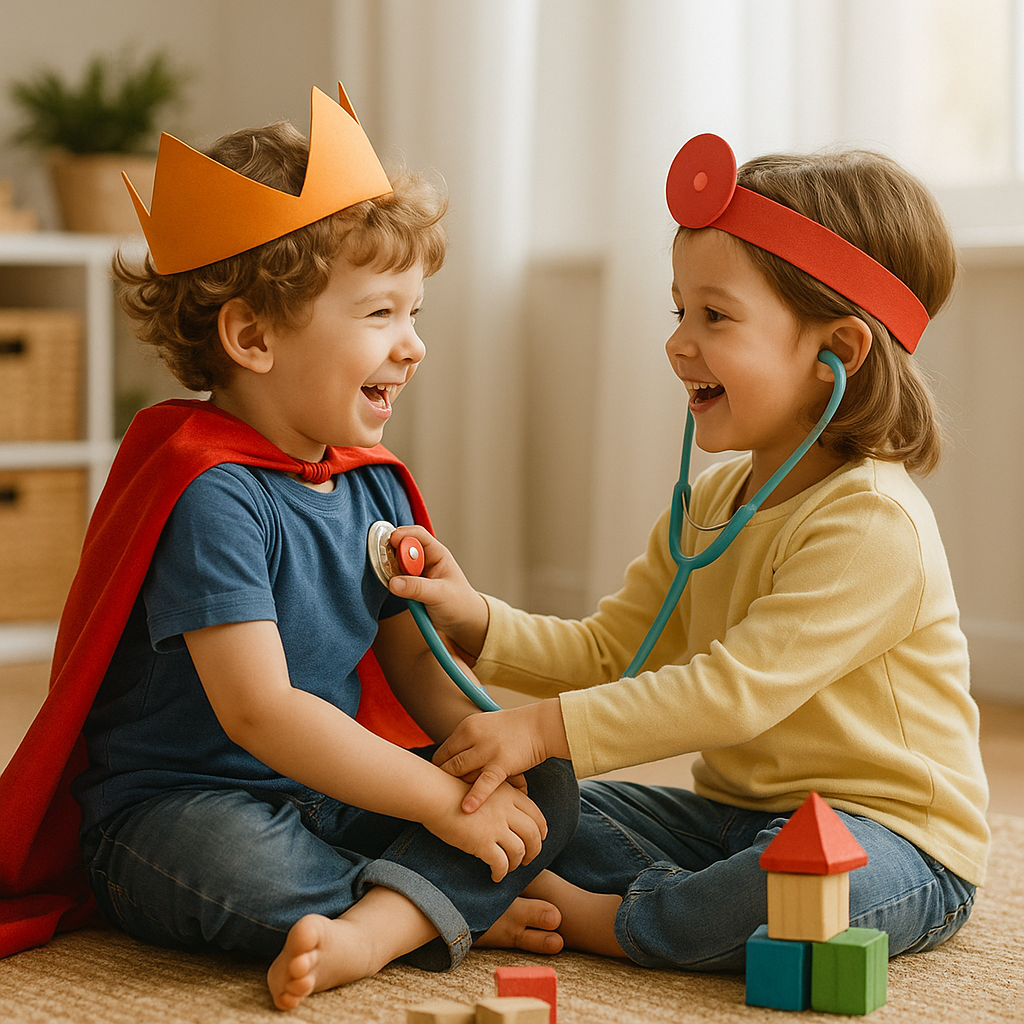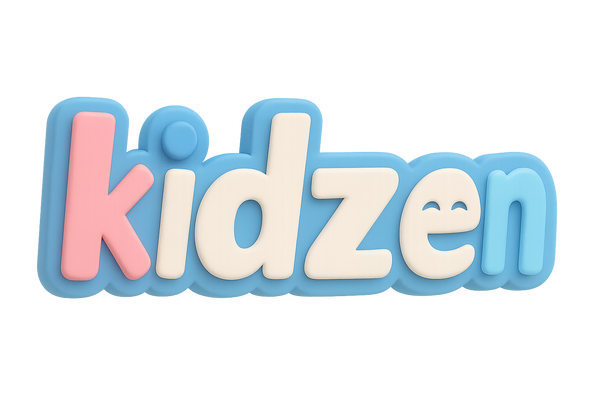
The Science of Playdates: Peer Play and Social Skills
Share
Intro:
Playdates are so much more than a fun get-together. Research shows that peer interactions during early childhood are crucial for building social and emotional skills that last a lifetime. A 2020 review in Early Child Development and Care (Clark et al., 2020) found that cooperative play supports conflict resolution, empathy, and emotional self-regulation.
Body:
✔️ Learning to Communicate
During playdates, kids learn how to express their ideas and listen to others. This back-and-forth is key for language development.
✔️ Conflict Builds Character
A little squabble over a toy? Good! A study in Child Development (Ladd & Kochenderfer-Ladd, 2017) shows that resolving peer conflicts helps kids practice negotiation and compromise.
✔️ Parents as Guides
Parents can foster healthy social play by choosing open-ended activities like role play, arts and crafts, or building games. Offer gentle guidance but resist jumping in too quickly — let kids figure things out.
Closing:
The next time you set up a playdate, remember: every giggle, every argument, every “I’m sorry” is a step toward strong social skills.
